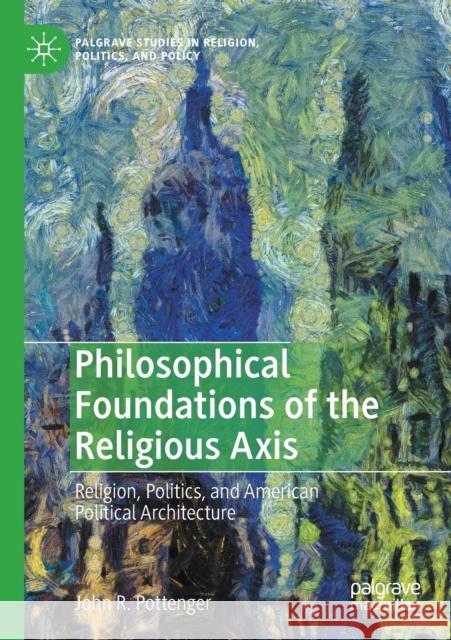Philosophical Foundations of the Religious Axis: Religion, Politics, and American Political Architecture » książka
topmenu
Philosophical Foundations of the Religious Axis: Religion, Politics, and American Political Architecture
ISBN-13: 9783030339760 / Angielski / Miękka / 2021 / 205 str.
Philosophical Foundations of the Religious Axis: Religion, Politics, and American Political Architecture
ISBN-13: 9783030339760 / Angielski / Miękka / 2021 / 205 str.
cena 281,76
(netto: 268,34 VAT: 5%)
Najniższa cena z 30 dni: 269,85
(netto: 268,34 VAT: 5%)
Najniższa cena z 30 dni: 269,85
Termin realizacji zamówienia:
ok. 16-18 dni roboczych.
ok. 16-18 dni roboczych.
Darmowa dostawa!
Kategorie BISAC:
Wydawca:
Palgrave MacMillan
Seria wydawnicza:
Język:
Angielski
ISBN-13:
9783030339760
Rok wydania:
2021
Wydanie:
2020
Numer serii:
000469859
Ilość stron:
205
Waga:
0.30 kg
Wymiary:
21.01 x 14.81 x 1.32
Oprawa:
Miękka
Wolumenów:
01
Dodatkowe informacje:
Wydanie ilustrowane











